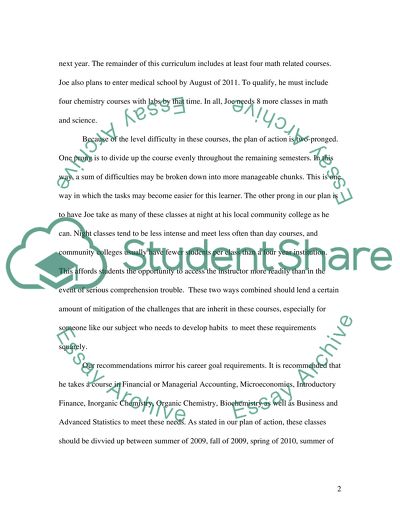Cite this document
(“Vocational Learner's Mathematical Knowledge Essay”, n.d.)
Vocational Learner's Mathematical Knowledge Essay. Retrieved from https://studentshare.org/education/1506290-vocational-learners-mathematical-knowledge
Vocational Learner's Mathematical Knowledge Essay. Retrieved from https://studentshare.org/education/1506290-vocational-learners-mathematical-knowledge
(Vocational Learner'S Mathematical Knowledge Essay)
Vocational Learner'S Mathematical Knowledge Essay. https://studentshare.org/education/1506290-vocational-learners-mathematical-knowledge.
Vocational Learner'S Mathematical Knowledge Essay. https://studentshare.org/education/1506290-vocational-learners-mathematical-knowledge.
“Vocational Learner'S Mathematical Knowledge Essay”, n.d. https://studentshare.org/education/1506290-vocational-learners-mathematical-knowledge.


